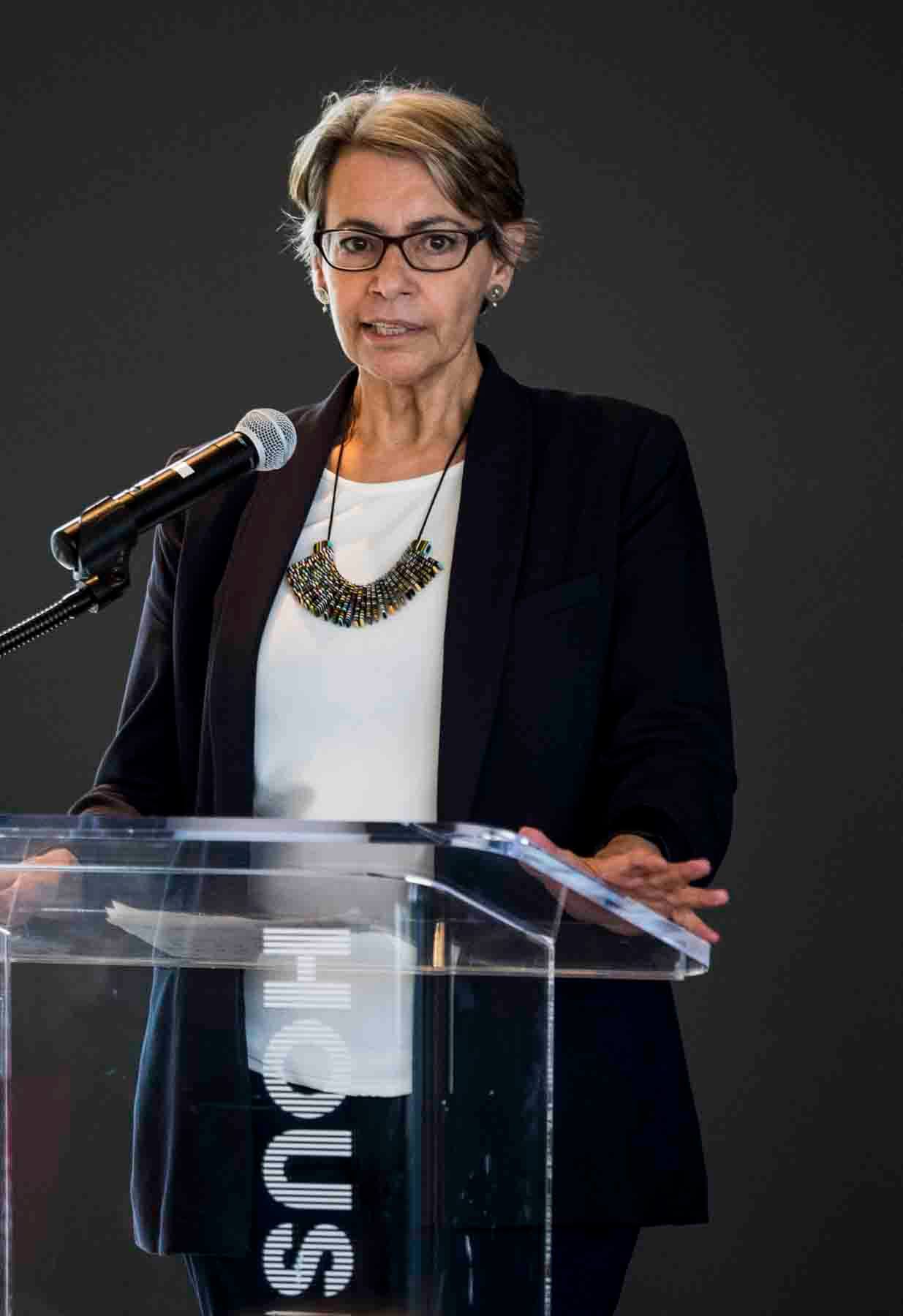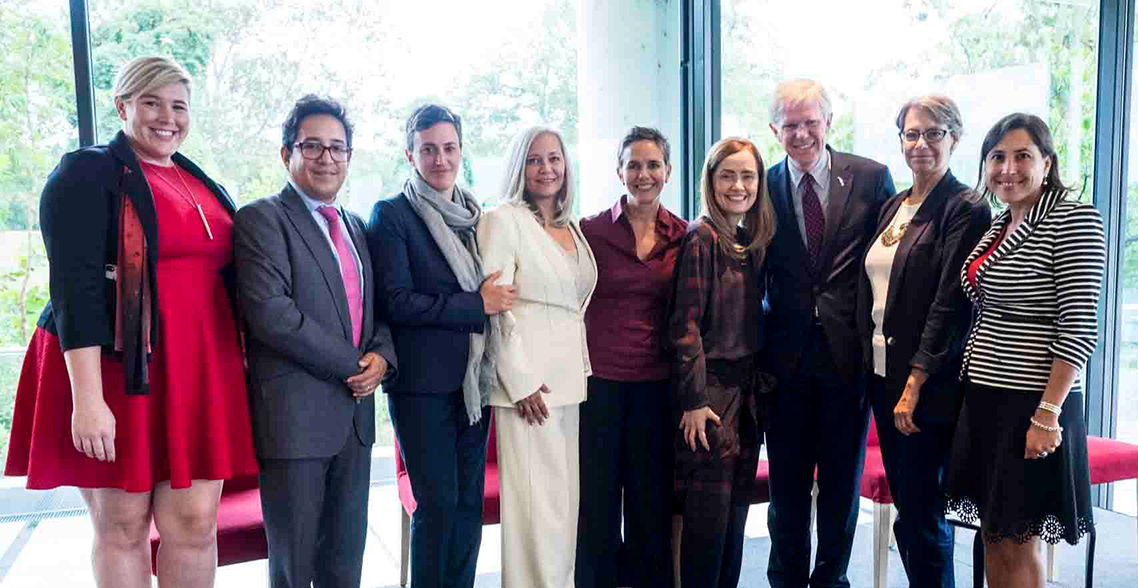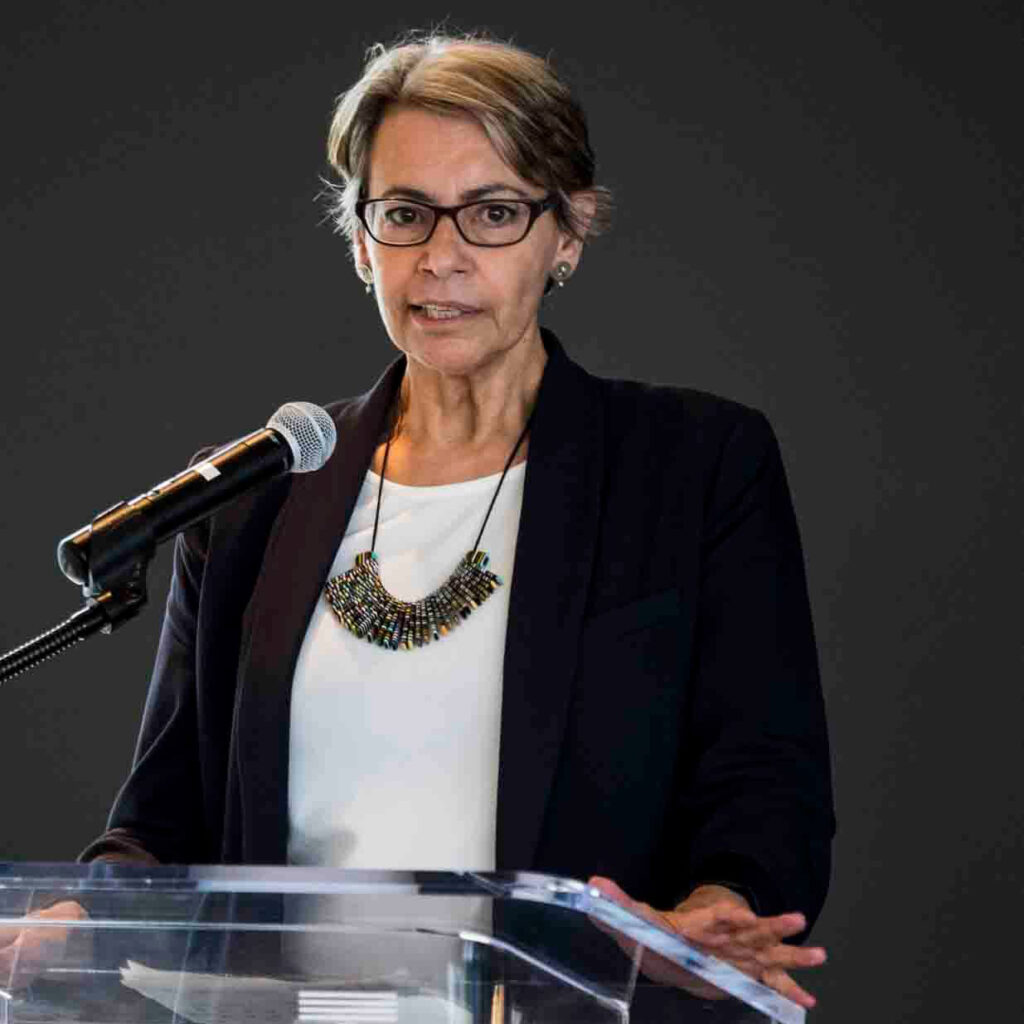With outbreaks in over 50 countries, Zika has rapidly become a global health crisis. Experts and advocates are calling for a response effort that focuses on addressing rather than exacerbating existing inequalities in health and access to services. As the virus spreads across Latin America, the Caribbean, and the United States, a growing number of stakeholders are concerned that women and girls are being left out of the global Zika response. Equimundo is working with other leading gender and health organizations to highlight the importance of protecting the rights of women and girls in Zika-affected countries.

Equimundo, in partnership with the Center for Health and Gender Equity (CHANGE), Anis Instituto de Bioética, and International Planned Parenthood Federation/Western Hemisphere Region (IPPF/WHR), hosted a panel discussion on Zika at the Embassy of Sweden on Thursday, September 29, 2016. The event, “A Rights-Based Approach to Zika: Putting Women and Girls at the Center of the Global Response,” explored strategies for addressing gender inequality and the disproportionate effect of the health crisis on marginalized women and girls.
Nearly 100 people attended the panel discussion, including representatives from governments, nonprofits, embassies, and foundations, as well as other stakeholders. After opening remarks from Björn Lyrvall, the Swedish Ambassador to the United States, Equimundo’s Deputy Director of U.S. Programs Magaly Marques spoke about how the Zika crisis deepens “the persisting inequalities that continue to impact women and families in the region, particularly poor women and women of color.”
She added, “We need governments, communities, health care providers, and men to stand by those who had their world turned upside down and who need services and care.”
Other speakers included Oscar Cabrera, Executive Director of the O’Neill Institute for National & Global Health Law; Debora Diniz, Founder of Anis Instituto de Bioética; Carla Saenz, Bioethics Regional Advisor at Pan American Health Organization; and Esther Vicente, Board Member of Profamilia Puerto Rico and President of IPPF/WHR. Serra Sippel, President of CHANGE, served as the moderator.

The speakers called on governments, the United Nations, the World Health Organization, and other donor entities to adopt measures to ensure women and girls affected by the Zika crisis can access and afford all necessary reproductive health services to avoid unwanted pregnancy, maintain or terminate pregnancies, and ensure safe childbirth. Watch the full video here:
https://vimeo.com/185365397
To raise awareness in advance of the event, Equimundo, CHANGE, and IPPF/WHR engaged the public in a discussion about Zika through a trilingual Twitter chat in English, Spanish, and Portuguese using the hashtag #NoZika.
For more information, check out the joint press release and CHANGE’s Zika fact sheet.
To support a rights-based approach to Zika, sign on to the public statement and call to action here.
